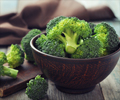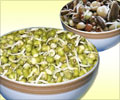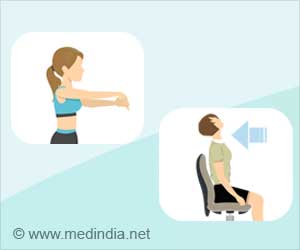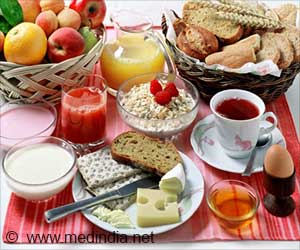- Blood vessel disease reduces the flow of circulating blood to different parts of the body
- Build-up of fatty, calcium deposits in the inner walls of blood vessels is the reason for the reduction in blood flow
- Consumption of more cruciferous vegetables lower the chance of build-up of calcium in blood vessels
- The presence of vitamin K in the cruciferous vegetables could be inhibiting the calcification process occurring blood vessels
The build-up of fatty, calcium deposits is the leading cause of having a heart attack or stroke.
Why Broccoli and Brussels sprouts
According to lead researcher Dr.Lauren Blekkenhorst, something intriguing about cruciferous vegetables is what makes them beneficial for blood vessels.
"In our previous studies, we identified those with a higher intake of these vegetables had a reduced risk of having a clinical cardiovascular disease event, such as a heart attack or stroke, but we weren't sure why," she said.
"One particular constituent found abundantly in cruciferous vegetables is vitamin K, which may be involved in inhibiting the calcification process that occurs in our blood vessels."
Women in this study who consumed more than 45g of cruciferous vegetables every day that included ¼ cup of steamed broccoli or ½ cup of raw cabbage, were 46 percent less likely to have extensive build-up of calcium on their aorta, compared to those who consumed little to no cruciferous vegetables every day.
"That's not to say the only vegetables we should be eating are broccoli, cabbage and Brussels sprouts. We should be eating a wide variety of vegetables every day for overall good health and well-being."
Conclusion
According to Heart Foundation Manager, Food and Nutrition, Beth Meertens, "This study provides valuable insights into how this group of vegetables might contribute to the health of our arteries and ultimately our heart. Heart disease is the single leading cause of death in Australia and poor diet is responsible for the largest proportion of the burden of heart disease, accounting for 65.5 percent of the total burden of heart disease.”
"The Heart Foundation recommends that Australians try to include at least five serves of vegetables in their daily diets, along with fruit, seafood, lean meats, dairy and healthy oils found in nuts and seeds. Unfortunately, over 90 percent of Australian adults don't eat this recommended daily intake of vegetables." Meertens added.
Source-Medindia
















